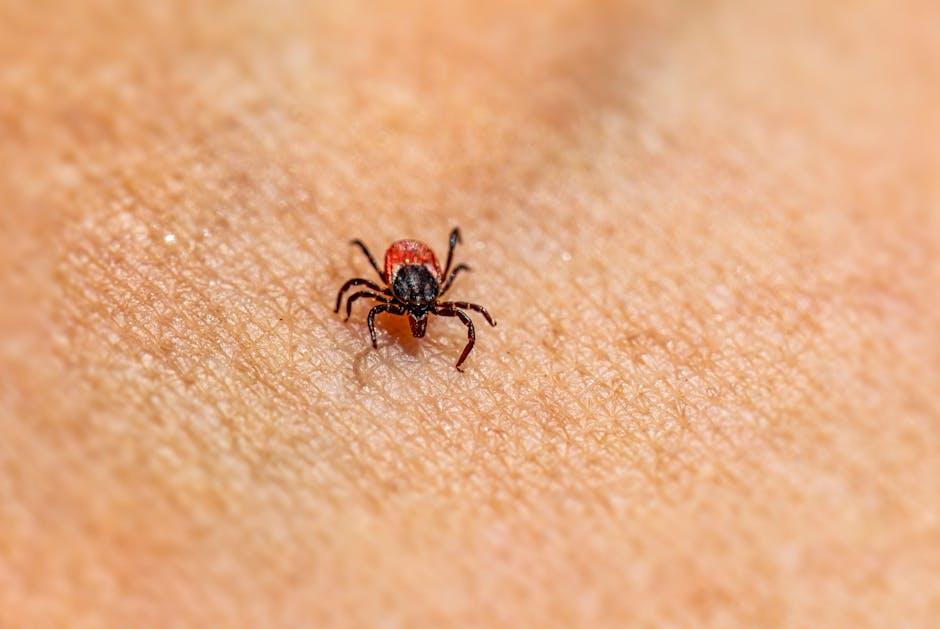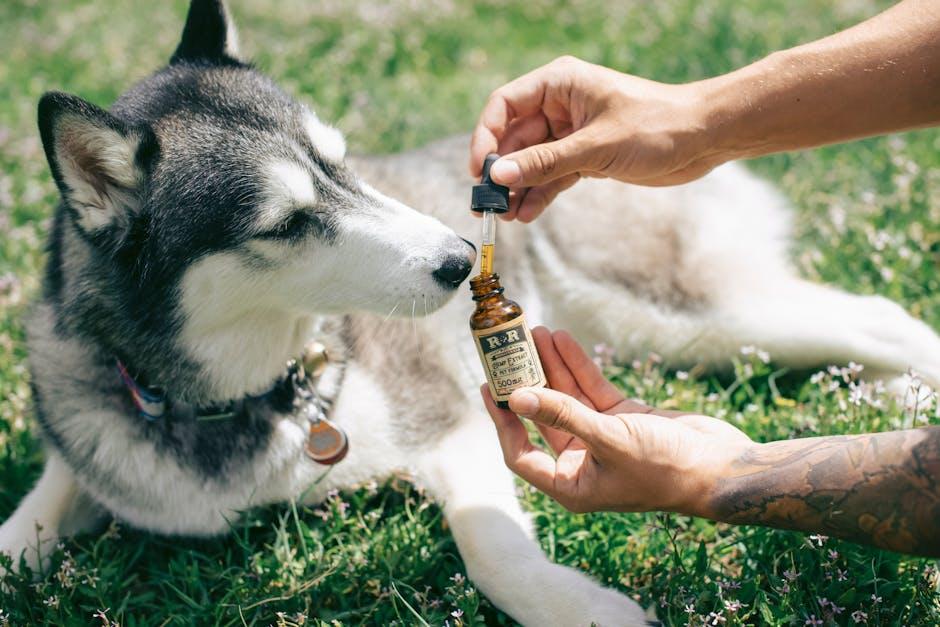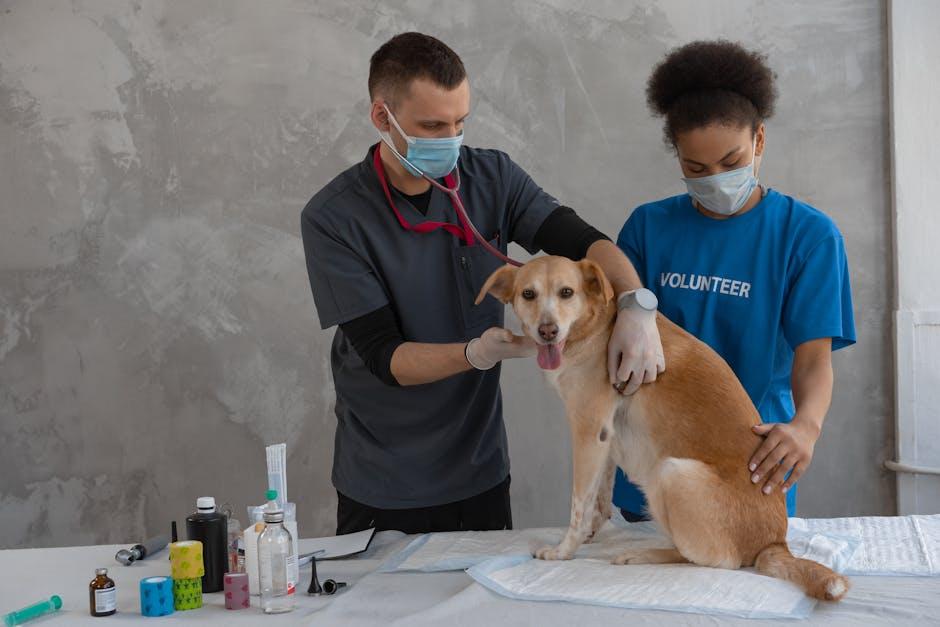Welcoming a playful puppy into your home is an exciting and heartwarming experience, filled with wagging tails, joyful barks, and endless cuddles. As a loving pet parent, ensuring the health and happiness of your furry friend is a top priority. One of the most essential aspects of puppy care is safeguarding your pet from parasites, which can pose serious health risks. In this article, we’ll explore practical and effective tips to protect your puppy from these pesky invaders. With a blend of expert advice and a gentle touch, we’ll guide you through the steps to create a safe, parasite-free environment for your cherished companion, allowing them to thrive and enjoy their puppyhood to the fullest.
Understanding Common Parasites in Puppies
As you welcome a new puppy into your home, it’s essential to be aware of the various parasites that can affect their health and well-being. These tiny invaders can cause significant discomfort and even lead to serious health issues if left untreated. Here are some of the most common parasites to watch out for:
- Fleas: These pesky insects are not just a nuisance but can lead to allergic reactions and skin infections. Regular grooming and the use of vet-recommended flea preventatives can help keep them at bay.
- Ticks: Known for transmitting Lyme disease and other illnesses, ticks are often found in grassy or wooded areas. Regularly check your puppy for ticks after outdoor adventures and remove them promptly using a tick remover.
- Worms: Roundworms, hookworms, and tapeworms are common intestinal parasites in puppies. These worms can be detected through stool samples, so regular vet check-ups are crucial for early detection and treatment.
- Ear Mites: Tiny parasites that live in the ear canal, causing itchiness and discomfort. Keep an eye out for excessive ear scratching or head shaking and consult your vet if you suspect an infestation.
Ensuring your puppy’s health involves regular veterinary visits and maintaining a consistent preventative care routine. Early intervention and vigilant observation can make a significant difference in keeping your furry friend safe from these common parasites.

Creating a Parasite Prevention Routine
Establishing a consistent routine for parasite prevention is essential to keeping your puppy healthy and happy. Begin by consulting with your veterinarian to tailor a prevention plan that suits your puppy’s specific needs. Regular vet visits ensure timely administration of vaccinations and deworming treatments. Stay on top of these schedules, as they are crucial in warding off common parasites like fleas, ticks, and intestinal worms.
- Monthly Treatments: Apply veterinarian-recommended topical or oral treatments monthly to prevent flea and tick infestations.
- Clean Environment: Regularly wash your puppy’s bedding and toys, and maintain a clean living space to minimize the risk of parasites.
- Regular Grooming: Brush your puppy’s coat frequently to spot any signs of fleas or ticks early.
- Diet and Nutrition: Provide a balanced diet to strengthen your puppy’s immune system, making them less susceptible to parasite infections.
By diligently following these steps, you can create a comprehensive parasite prevention routine that not only protects your puppy but also promotes their overall well-being. Remember, a proactive approach is always better than a reactive one when it comes to your furry friend’s health.

Natural Remedies and Dietary Adjustments
Embracing natural remedies can be a gentle yet effective approach to safeguarding your puppy from pesky parasites. Start by incorporating herbal solutions into your pet’s routine. For instance, a sprinkle of dried neem leaves in your puppy’s bedding can act as a natural deterrent for fleas. Similarly, adding a few drops of apple cider vinegar to their drinking water not only helps maintain a balanced pH level but also makes your puppy’s skin less appealing to parasites. Remember to consult with your vet before introducing any new remedies.
Dietary adjustments can also play a crucial role in fortifying your puppy’s immune system. Consider including foods rich in omega-3 fatty acids like fish oil, which can boost their skin health and ward off external parasites. Additionally, pumpkin seeds are a natural source of amino acids and can aid in eliminating internal parasites. Introduce these ingredients gradually into your puppy’s diet to ensure they adapt well and enjoy the benefits of a strengthened defense against parasites.

Regular Veterinary Check-Ups and Treatments
Ensuring your puppy receives regular visits to the veterinarian is an essential part of keeping them healthy and parasite-free. During these check-ups, your vet can provide comprehensive assessments to catch any early signs of parasitic infections. Some of the key benefits of these visits include:
- Early Detection: Regular examinations help in identifying parasites such as fleas, ticks, and worms before they cause significant health issues.
- Customized Prevention Plans: Your vet can tailor a parasite prevention plan specifically for your puppy, considering their lifestyle, age, and health status.
- Timely Treatments: If your puppy is already affected, the vet can administer treatments promptly to eliminate parasites and prevent further complications.
By keeping up with these appointments, you’re not only safeguarding your puppy’s health but also enhancing their overall well-being, allowing them to grow into happy and healthy adult dogs.
















